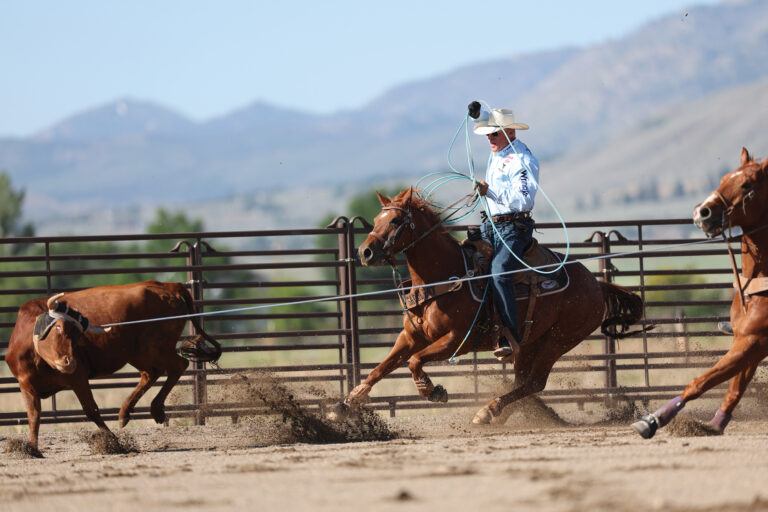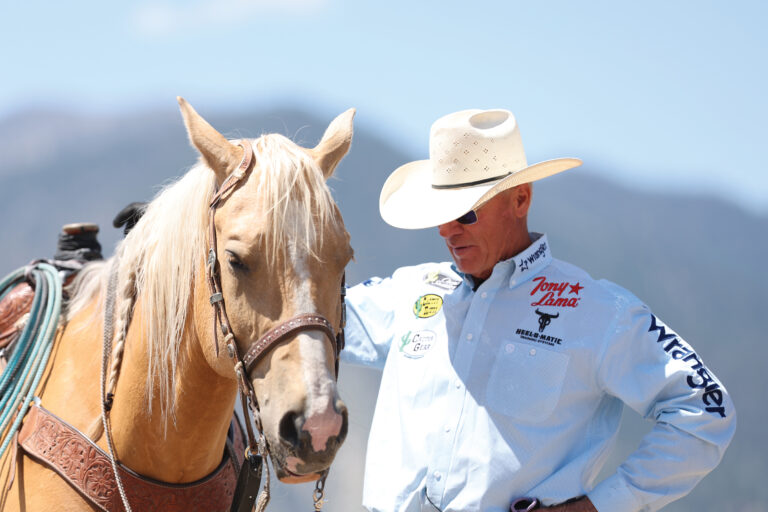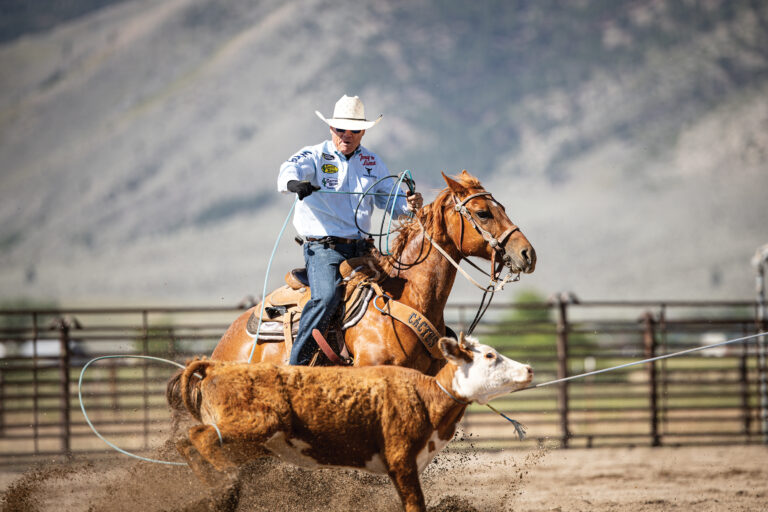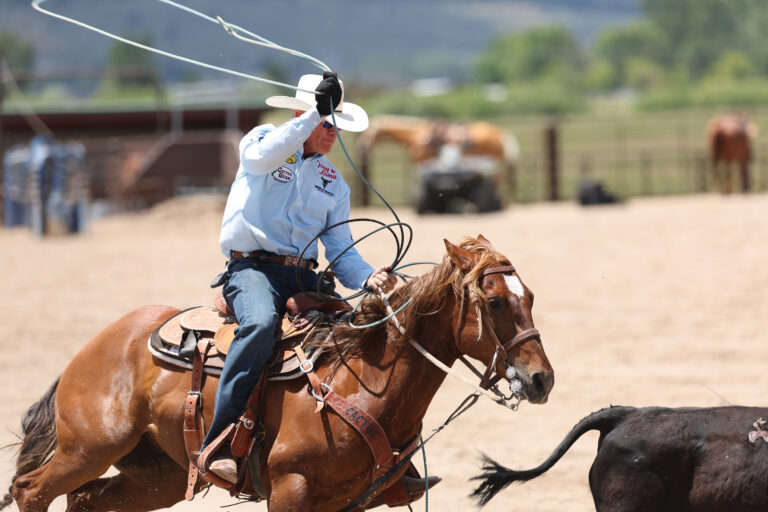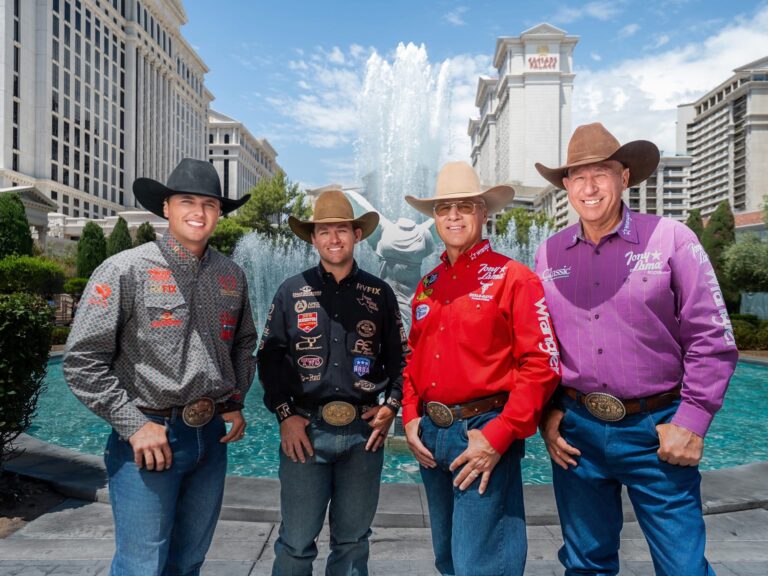We’re all different in the way we do things. They say some people are natural listeners, and others are visual processers. Some try to take their brains out of the equation and not think about things too much, while at the other end of the spectrum are the over-analyzers, who break it down to the tiny detail all the time. I’ve been a life-long learner and student of the game, so my personal journey with processing everything started when I was a little kid.
I’ve always watched and listened to people—every word of every story—and tried to analyze what they were saying to gain knowledge. I also watched the best ropers of my time, including the Camarillos, Walt Woodard, Denny Watkins, Al Bach and Rickey Green, and also the guys who won a lot at our local jackpots. I would try to watch and mimic everything, from how they swung their ropes to how they rode their horses. I tried to copy the things I saw that made certain ropers successful.
Learn from Clay O’Brien Cooper on Roping.com
That thought process started a pattern of me always wanting to get better, and I use that same process to this day. I’m constantly tinkering with stuff to try and gain more knowledge, and to try and improve. Teaching has always helped tremendously with that because it made me analyze things from other people’s perspectives and listen to what they said was going on as they saw it.
Different people look at the same things differently. Everyone has his or her own point of view. I run into a lot of students who think there’s only this way or that way of doing something. The truth of it is that everyone has his or her own language when it comes to describing the best way to go about any aspect of roping.
When you break it down, there’s really not that much difference in the core elements among the top ropers who figure out how to do things “right.” They’ve all put in the hard work and repetition it takes to master their craft, and most of them ride their horses, swing and deliver their ropes somewhat similarly. It’s each person’s interpretation of exactly what it is they’re doing that’s different.
Golf commentators say people have been analyzing how to swing a golf club and hit the ball for centuries. Most seem to agree on the basic mechanics of that. But there are different interpretations of how to best go about it. It all goes back to position, swing planes and squaring up the club. It’s amazing how many similarities there are between roping and golf.
In both sports, people get hung up on the differences of how they explain it. Each person’s interpretation is valid. I like to listen to everyone, then go try what different people say. It’s amazing how the different trains of thought link up to other people’s ways of talking about things and doing them. It’s all about making the rope do what you want it to do. How it’s explained or the method doesn’t really matter in the end, because it’s the outcome and the results you want that matter.
I read a neat book called Seven Days in Utopia about a golfer who freaked out on his last round and cratered mentally. He went off into the country and was hitting some balls on a driving range, when he ran into an old guy and they started breaking down what went wrong. Part of what came of it was that you have to believe in your process so strongly that nobody can talk you out of it. If you work hard enough, you own your style and methods. You believe in them, and have confidence in them.
Read: Roping Progress Doesn’t Happen Overnight with Clay O’Brien Cooper
The challenge for me as a teacher is to articulate points to people where they can comprehend and understand, so they’re in a place where they can trust their own interpretation and thought process. If I can explain something that turns someone’s lightbulb on, I’ve succeeded. I sometimes have to say the same thing several different ways before it clicks.
I want success as a competitor and as a teacher. We only get where we’re wanting to go through trial and error, and putting in the work. Whatever it takes. Because in the end, what we’re all after is results.





